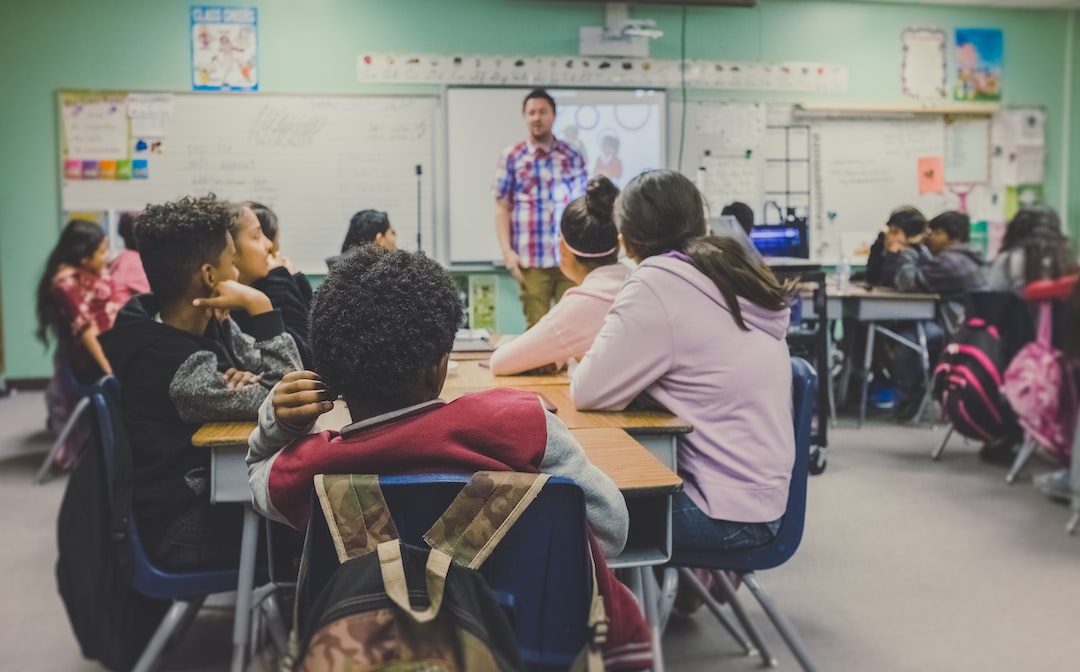The Benefits of Field Trips in Education
Field trips have been a staple of education for centuries, and for good reason. They offer a unique opportunity for students to learn outside of the classroom and experience the real world first-hand. From visiting historical landmarks to exploring nature, field trips provide a range of benefits that enhance the educational journey. In this blog post, we will dive into some of the key advantages of incorporating field trips into the education system.
One of the most obvious benefits of field trips is the hands-on learning experience they provide. Instead of simply reading about a subject in a textbook, students can engage in concrete experiences that enhance their understanding. For example, a trip to a science museum allows students to interact with exhibits and conduct experiments, deepening their knowledge of the subject matter. These experiential learning opportunities foster active engagement and promote long-lasting retention of information.
Field trips also bridge the gap between theory and practice. It is one thing to learn about history, art, or science in a classroom, but it is another to witness it in person. Visiting a historical site, such as the Pyramids of Giza or the Colosseum, enables students to connect with the past and gain a deeper appreciation for its significance. These real-life encounters provide a richer context for learning, making abstract concepts more tangible and relatable.
Another advantage of field trips is the exposure they offer to different cultures and perspectives. By stepping outside of their comfort zones and visiting new places, students become more open-minded and inclusive. They gain a better understanding and appreciation of diversity, fostering a sense of empathy and tolerance. Field trips can also introduce students to new languages, traditions, and ways of life, broadening their horizons and preparing them to become global citizens.
In addition to academic benefits, field trips can also have a positive impact on students’ personal development. Exploring new environments and interacting with different people builds social skills and teamwork. Students learn to communicate effectively, collaborate on tasks, and solve problems together. These experiences also foster independence and self-confidence as students navigate unfamiliar settings and take responsibility for their own learning. Field trips provide a safe space for students to step outside their comfort zones and develop skills that will benefit them throughout their lives.
Furthermore, field trips offer a break from the traditional classroom setting, providing a refreshing change of pace. Students can escape the confines of desks and textbooks and immerse themselves in the real world. This change can greatly enhance motivation and enthusiasm for learning. Field trips often spark curiosity and ignite a passion for exploration, motivating students to seek out knowledge on their own. The excitement generated by these experiences makes learning more enjoyable and memorable.
It is worth noting that field trips are not solely beneficial for students. Teachers also reap rewards from these excursions. Field trips provide an opportunity for teachers to connect with their students on a more personal level, deepening the teacher-student relationship. They can observe their students’ individual strengths and interests outside the formal classroom setting, tailoring their instruction accordingly. Additionally, field trips offer teachers a chance to expand their own knowledge and gain new perspectives, enriching their teaching practices.
In conclusion, field trips are a valuable tool in education. They provide hands-on learning experiences, bridge the gap between theory and practice, expose students to different cultures, foster personal development, and offer a break from the traditional classroom setting. Field trips engage students in their education in a unique and meaningful way, enhancing their academic growth and personal development. By incorporating field trips into the education system, we can create well-rounded and culturally aware individuals who are prepared to thrive in an ever-changing world.


